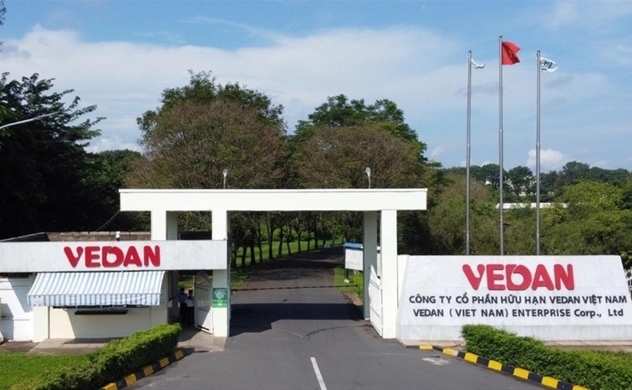
A Vedan factory in Dong Nai province, southern Vietnam. Photo courtesy of Vedan Vietnam.
According to the firm’s annual report, Japan was the second-largest market with $83.08 million, or 18.4% of the total; followed by mainland China with $62.66 million, or 13.9%; the U.S. with $36.26 million, or 8%; and other ASEAN nations with $35.99 million, or nearly 8%.
In terms of growth, Vietnam was up 15.1% year-on-year, lower than the firm’s overall growth of 18%. Growth in Japan was 32.2%, mainland China negative 1.2%, the U.S. 38.7%, and other ASEAN nations 23.8%.
Vedan attributed the strong performance in Vietnam to price adjustments for monosodium glutamate (MSG), modified starch, and soda products in response to rising costs. Besides, improvements in inventory control, production efficiency, and consolidation of sales channels resulted in growth of unit prices and revenues.
Overall, MSG and seasonings were the biggest cash earner for Vedan globally, with a revenue of $277.04 million, up 22% year-on-year and accounting for 61.4% of the total, thanks to the rising demand in Vietnam, Japan, the U.S., and other ASEAN markets, Vedan noted.
Vedan particularly praised the Vietnamese market for its tremendous potential thanks to its favorable business environment, implementation of trade agreements such as the EVFTA, UKVFTA, CPTPP, and RCEP; stable exchange rate, and stable electricity prices.
Regarding the workforce, Vedan had 3,855 employees in 2022, including 3,641 in Vietnam, also its primary production base. The Vietnamese workforce had 2,941 male and 700 female emloyees.
Source: The Investor


